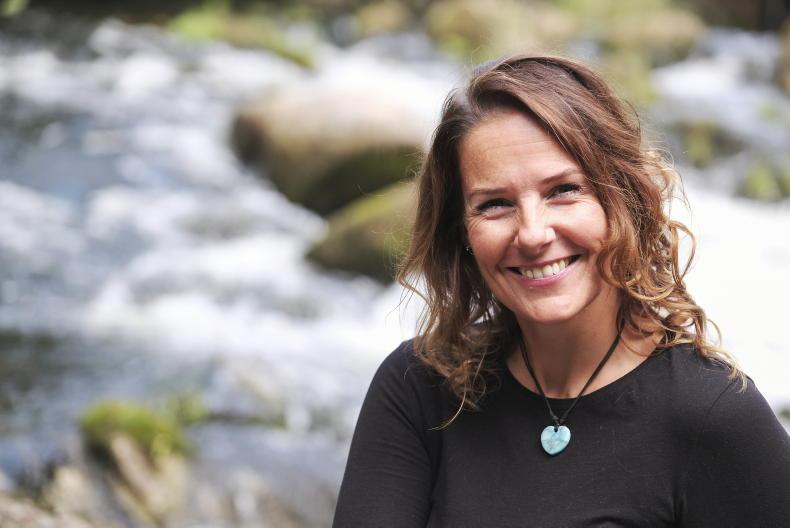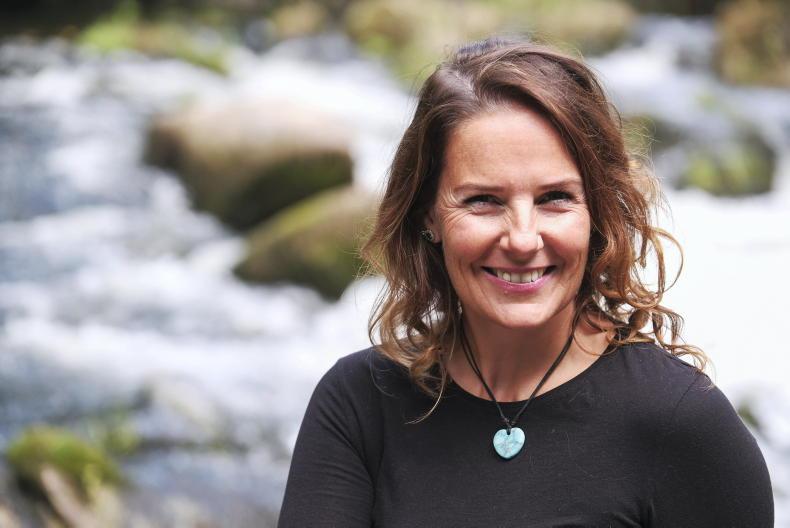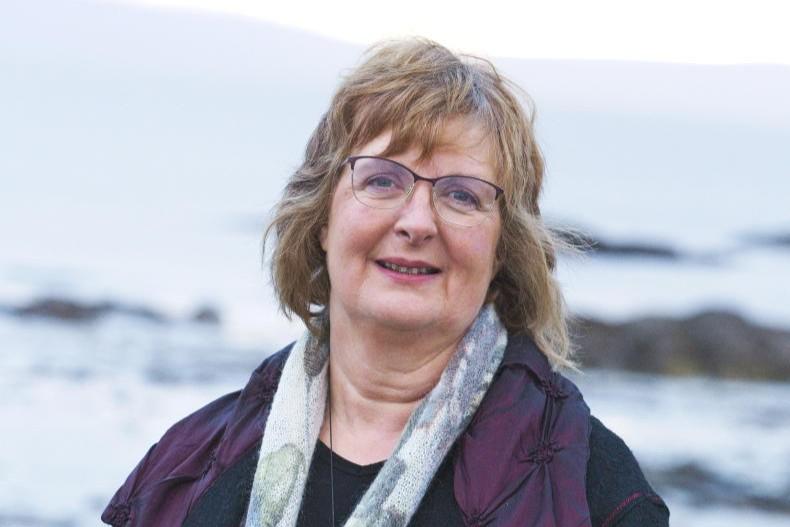Tús maith, leath na hoibr: A good start is half the battle. This month I’m using this old Irish proverb to share my thoughts on mindfulness for young people.
I teach a 12-week mindfulness programme to local primary school children. It is specifically designed for children aged seven to 11 and its benefits have been proven through research carried out by Bangor University.
To be clear, I’m talking about mindfulness being taught by a properly qualified person, who has their own regular longstanding mindfulness practice and possesses the skills to fully translate those practices to children in a way they will be able to comprehend, but also find accessible and useful.
Mindfulness promotes wellbeing, helps children understand themselves better, helps them to be resilient and resourceful when life is challenging and provides them with skills throughout their school lives and beyond.
Mindfulness is not relaxation, although calmness is a positive side-effect. It is not a religion. It is completely secular. Mindfulness is not about stopping thoughts or telling people how to think. It’s not even about feeling good all the time.
Mindfulness is about learning to be fully aware of your feelings, thoughts and emotions and in turn to be in the company of comfortable and uncomfortable feelings and sensations and being able to deal with those.
If I had to put into one sentence what mindfulness means to me and what I try to impart to my students, it is the understanding that I’m never sure what will happen, but I am sure whatever happens, I will be OK.
I got this understanding of mindfulness from my late mother, who practiced yoga in the 1970s. I was blessed to have been born to her. She didn’t teach me mindfulness in the way I teach mindfulness in schools today.
Instead, she took me and my sisters out into the fields and we went for drives and we sat around the kitchen table long after meals had finished and chatted by the fire in the evening.
I have the most beautiful memories of the odd day in the summer when the sun shone and the four of us would lie out on blankets in the garden and enjoy the sun on our faces and be still. Imagine that? Nothing else to do – only enjoy the bit of sun when it came.
Looking back, I realise there was plenty of housework to do, but my mother prioritised time to be still and peaceful in our childhood and time to play. Life was much less frantic in those days, and I understand how busy parents are in 2017 – but I just wonder if we have become a little lost as a society?
We’re off balance, rushing here, rushing there; and never happy when we’re here or there, as we need to be somewhere else to do something else! What scares me most is we are not even aware of how off-balance we are, let alone have any concept of how to return the balance into our life.
The majority of hard-pressed adults today have no idea how to feel more stable, to be better able to cope with the difficulties that modern life throws at us, to be able to be happier, more peaceful and, most of all, how to be still.
So how on earth can we pass those skills to the next generation? I think our children need us to do something. That something for me is teaching mindfulness.
Through well-taught mindfulness practices, children can learn how to press pause and take respite from the rigours of daily life – and how lovely that feels. They learn how to steady themselves when their mind/body is out of balance and how to respond to situations, rather than simply react to them, which in turn helps them to take better care of themselves.
A master’s study in a primary school showed pupils who were taught mindfulness lessons had increased positive attitudes towards their learning after the lessons, compared to the pupils who were not taught mindfulness.
Academic results were better for the pupils who were taught mindfulness. All the lessons seemed to appeal to and benefit both boys and girls.
The children reported finding the learning supports them in a broad range of situations, from being able to concentrate in school to feeling calmer in exams and competitions. Many have described sharing the learning with family members and finding it helps them with their relationships with family and friends.
>>Mindfulness exercise
You can try this exercise yourself to begin with and see how it affects your own life. If it feels right, slowly introduce the concept to your children and family.
Here we go. When you walk, walk. When you eat, eat. When you talk to someone, talk to them.
When you listen to someone, listen. When you work, work. And when you’re on your own time, be on your own time.
What you might find initially is a variation of the following: when you walk, you think about eating/work.
When you eat, you think about work.
When you talk you think: “I have no time to be talking.”
When you listen, you think about what to say in response. When you work you think about being on your own time. And when you’re on your own time, you’re thinking about work!
In this scenario, you are not really present for everything you do. This is the reason you potentially fail to feel that joy and peace that is always here and now within you and all around you.
You are missing out on life, because you don’t have time to be in your life. How does that make you feel?
I fear the same thing is happening to our children. Something needs to change. Are all your activities necessary?
Is there anything you can take a break from to allow you a chance to be less hurried and give you an opportunity to have time to enjoy your life?
A 2007 study published in the American Journal of Psychiatry stated that in 1967 the average age of onset of major depression was between 31 and 33 years of age. By 1997 this slipped down to between 13 and 15. While there are very many complex reasons for these statistics, there is clearly a need to support young people, giving them tools to skillfully navigate life.
Mindfulness-based cognitive therapy (MBCT) has been found to be significantly effective in reducing relapse rate in major depression and now its use is broadened to treating current depression and other psychological disorders (Segal, Williams at al 2002). The UK National Institute of Clinical Excellence (NICE) has endorsed MBCT as an effective treatment for relapse prevention.
This is the future wellbeing of our young Irish children we are talking about. When it comes to being responsible for our children, surely in this instance is fearr cosc ná leigheas: prevention is better than the cure.
For more
If this worked for you and you would like to try another special mindfulness exercise for children, please visit Catherine Callaghan Yoga on YouTube and for further information, visit www.croiyoga.ie.








SHARING OPTIONS